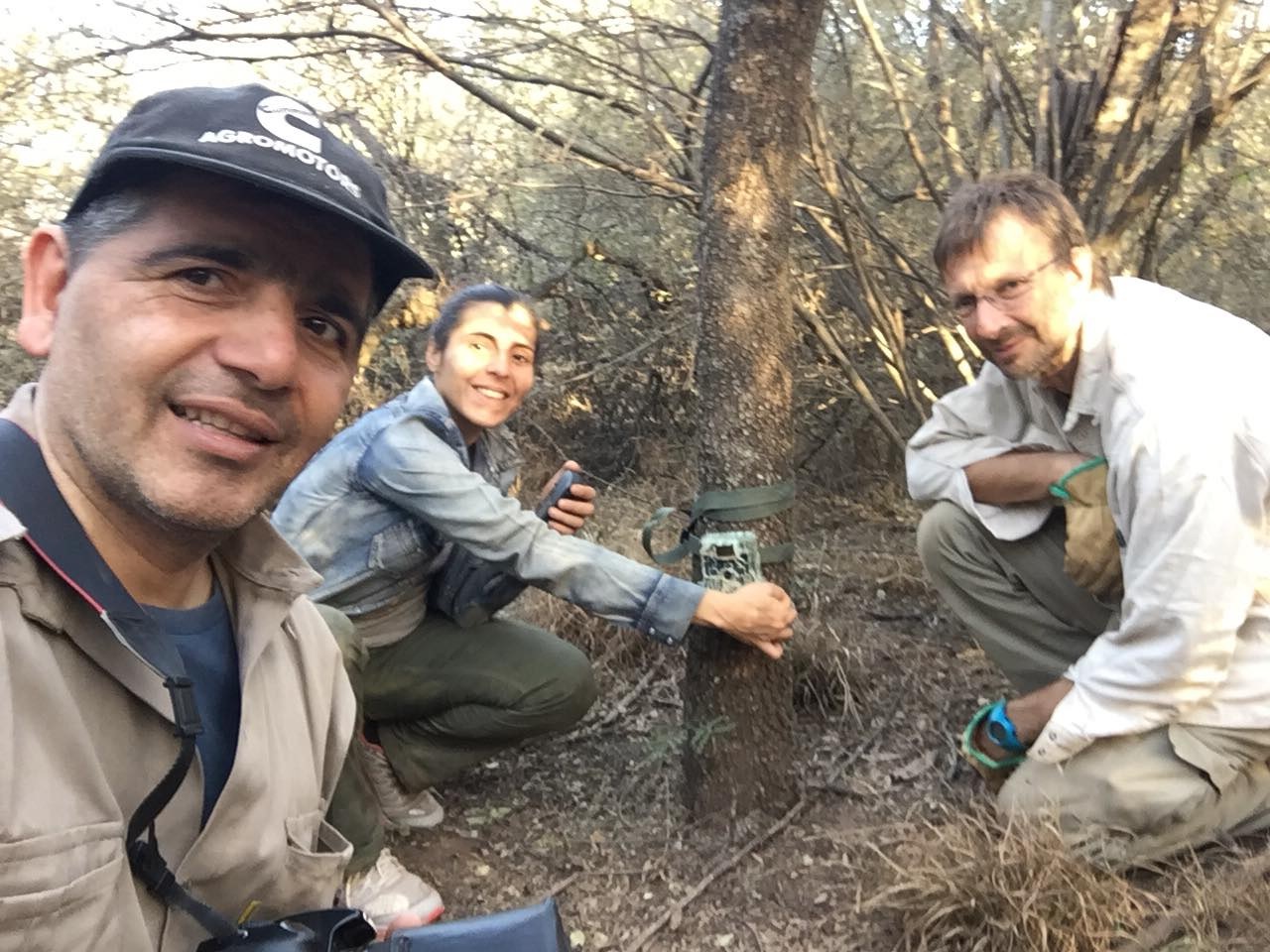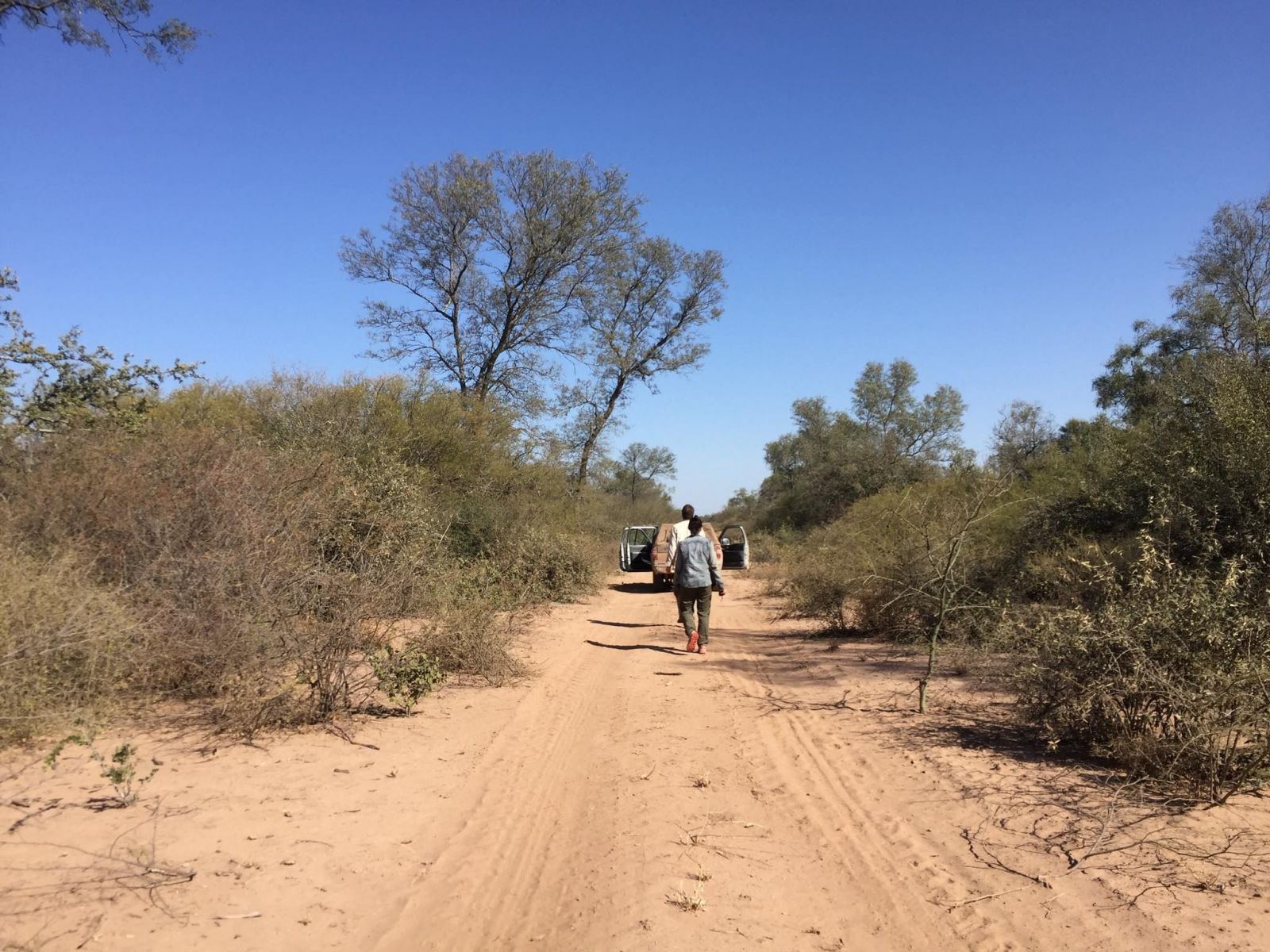Sofía Nanni
Academic training: PhD in Biological Sciences, National University of Tucumán, Argentina.
Bachelor’s degree in Biological Science, ecology. School of Natural Sciences and Institute Miguel Lillo, Argentina.
Work plan: Towards compatibility with the conservation of native medium-large mammals in Argentine dry Chaco agroecosystems.
General objective: Identify factors that promote compatibility between the productive management and conservation of the diversity of native medium-large mammals in Argentine dry Chaco agroecosystems.
Background: The Argentine dry Chaco is the ecoregion where production and conservation interests coexist most strongly, and is characterized by different types of management, from fields of agriculture and pure pastures to more integrated systems, such as silvopastoral systems. At the same time, the region has the largest area of continuous dry forests in the country, with a high associated biodiversity. Medium-large mammals are excellent conservation indicators, due to characteristics such as their large space requirements, which make them umbrella species, their vulnerability to anthropic uses, and their role in maintaining various ecological functions and processes, and many species are threatened by changes in land use that occur in the Chaco ecoregion. This project aims to identify landscape and human variables that influence the conservation of medium-large mammals in agroecosystems of Argentine dry Chaco; and design a guide with management recommendations for producers and government agencies, to support sustainable production initiatives and programs.
Activities and Methodology: An intense photographic sampling will be conducted, as well as interviews with producers and stallholders, in ten agroecosystems of the Argentine dry Chaco with different management characteristics distributed throughout the ecoregion, in order to 1) identify configurations and elements of the landscape that maximize the use of large medium-sized mammals without compromising food production; (2) assess the incidence of different agricultural-livestock practices and management on interactions between humans and medium-large mammals (predation of cattle by carnivores, hunting); and 3) co-design a guide to good agricultural-livestock practices that ensure compatibility between conservation and production. The results of the project will be discussed in workshops with the producers, with whom it is proposed to carry out an analysis of strengths, opportunities, weaknesses and threats for the implementation of agricultural-livestock management compatible with the conservation of medium-large mammals in the Argentine dry Chaco.
Feasibility: The implementation and development of this project are feasible from the point of view of my training, the proposed lines of research of the director and co-director, and the logistics and inputs required for its implementation. In the last two years I have focused on exploring the interactions between humans and medium-large mammals in agroecosystems of the Chaco ecoregion. To date we have conducted photo trapping and interviews on 5 of the 10 sites proposed for this project. In turn, the Institute of Regional Ecology, with international leadership in dry Chaco research, will provide logistical resources for data storage in the field (vehicle, support staff, field material).




